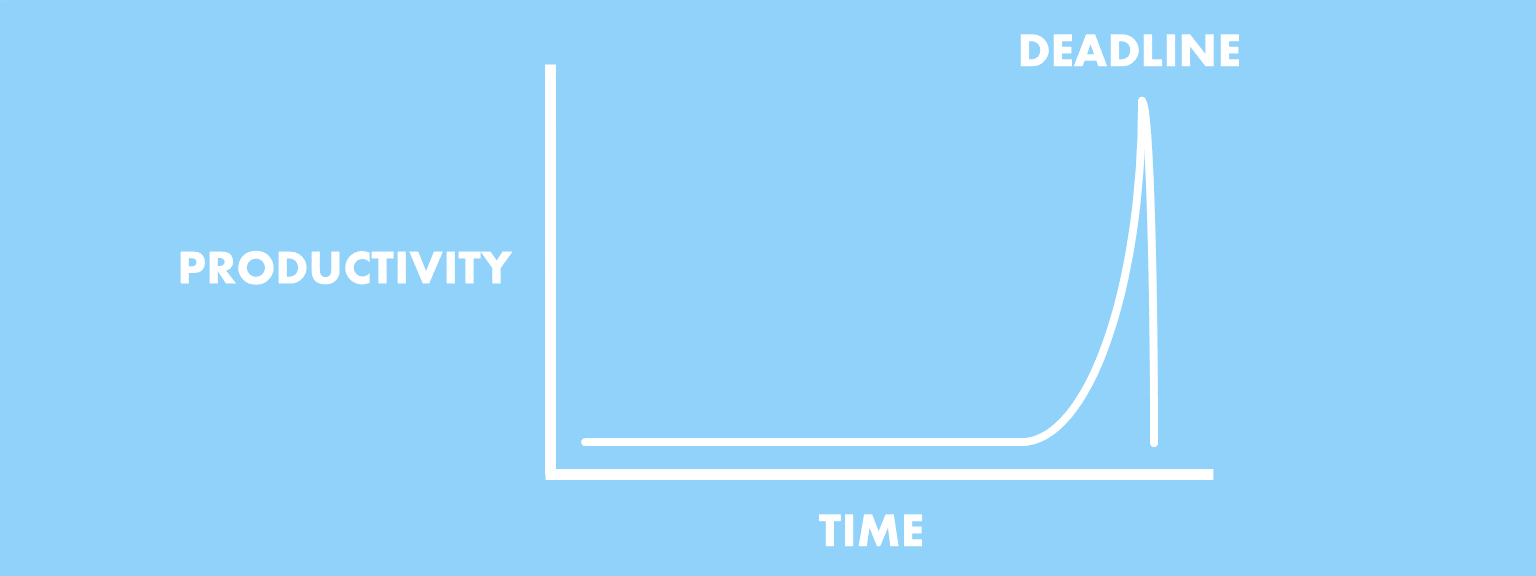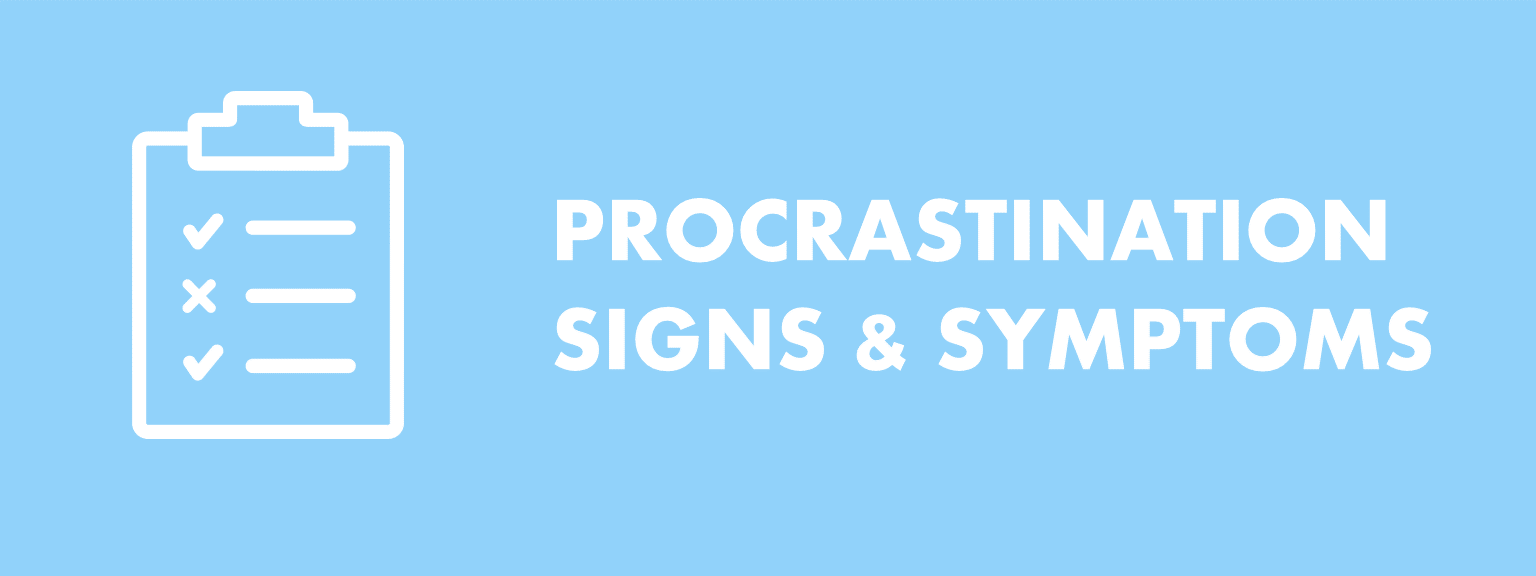Procrastination and Laziness: Why They’re Different and How They’re Connected
People often wrongly assume that procrastination is the same thing as laziness, or that procrastination is always caused by laziness. This can lead to various issues, such as unnecessary guilt for procrastinators, and difficulty in overcoming procrastination due to a failure to understand its causes. The following article clarifies the misunderstandings about the association between procrastination and laziness, by explaining …









